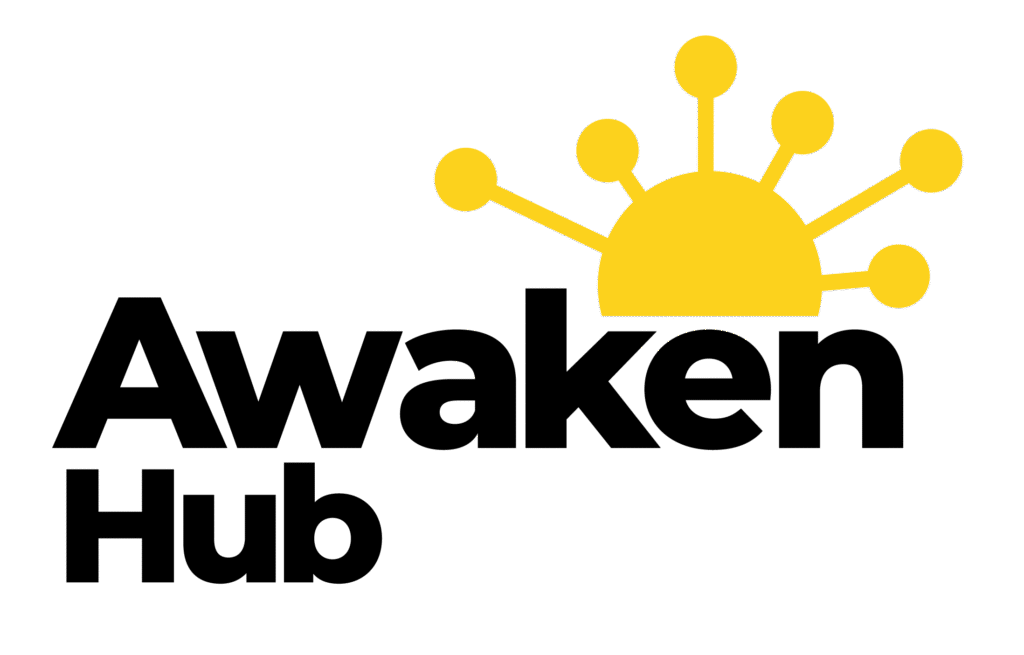Securing Your Online Presence: The Importance of Domain Registration
In the digital age, domain registration serves as the cornerstone of your online presence. When you register a domain, you…
In the digital age, domain registration serves as the cornerstone of your online presence. When you register a domain, you are essentially claiming your unique space on the internet, which is crucial for establishing credibility and visibility. Without a registered domain, your business or personal brand may struggle to gain recognition, as potential customers or visitors may find it challenging to locate you amidst the vast expanse of the web.
A well-chosen domain name not only reflects your brand identity but also enhances your search engine optimisation (SEO) efforts, making it easier for users to discover your content. Moreover, domain registration is not merely about securing a web address; it is also about protecting your intellectual property. By registering your domain, you are taking proactive steps to prevent others from using a similar name that could confuse your audience or dilute your brand.
This is particularly important in a competitive market where brand recognition can significantly influence consumer choices. Therefore, understanding the importance of domain registration is essential for anyone looking to establish a robust online presence.
Summary
- Domain registration is crucial for establishing an online presence and credibility.
- Choose a domain name that is easy to remember, relevant to your brand, and reflects your business.
- Protect your brand and reputation by registering similar domain extensions and variations of your domain name.
- Secure your online identity by opting for privacy protection to keep personal information private.
- Stay on top of domain renewals and transfers to avoid losing ownership of your domain.
Choosing the Right Domain Name
Selecting the right domain name is a critical step in your online journey. Your domain name should be memorable, easy to spell, and reflective of your brand or business. A well-crafted domain name can make a lasting impression on visitors and can even influence their decision to engage with your content or services.
Consider using keywords that are relevant to your industry, as this can improve your site’s visibility in search engine results. However, it is equally important to avoid overly complex names that may confuse potential visitors. Additionally, think about the extension you choose for your domain.
While .com remains the most popular and widely recognised extension, there are numerous alternatives available, such as .co.uk, .net, and .org. Each extension carries its own connotations and may appeal to different audiences. For instance, if you are targeting a UK audience, opting for a .co.uk extension could enhance your local credibility.
Ultimately, the right domain name should resonate with your target audience while encapsulating the essence of your brand.
Protecting Your Brand and Reputation

In an increasingly digital world, protecting your brand and reputation has never been more vital. A strong online presence can be undermined by negative reviews or misinformation, making it essential to take proactive measures to safeguard your brand identity. One effective way to do this is by registering multiple variations of your domain name.
By securing similar names or common misspellings, you can prevent competitors or malicious actors from capitalising on your brand’s reputation. Furthermore, consider implementing a comprehensive online reputation management strategy. This involves monitoring mentions of your brand across various platforms and responding promptly to any negative feedback or comments.
By actively engaging with your audience and addressing concerns, you can foster trust and loyalty among your customers. Remember that in the digital landscape, transparency and responsiveness are key to maintaining a positive brand image.
Securing Your Online Identity
| Aspect | Metric |
|---|---|
| Password Strength | Use of at least 12 characters with a mix of letters, numbers, and special characters |
| Two-Factor Authentication | Percentage of accounts with 2FA enabled |
| Phishing Awareness | Number of reported phishing attempts |
| Device Security | Percentage of devices with updated antivirus software |
| Privacy Settings | Number of social media accounts with strict privacy settings |
Your online identity is an extension of who you are, whether as an individual or a business entity. Securing this identity is paramount in an era where cyber threats are prevalent. One of the first steps in safeguarding your online identity is to ensure that your domain registration information is accurate and up-to-date.
This includes providing valid contact details and keeping track of renewal dates to avoid losing ownership of your domain. Additionally, consider utilising privacy protection services offered by many domain registrars. These services help shield your personal information from public view in the WHOIS database, reducing the risk of identity theft or unwanted solicitations.
By taking these precautions, you can maintain control over your online identity while minimising potential vulnerabilities.
Ensuring Security and Privacy
In today’s digital landscape, ensuring security and privacy is paramount for anyone operating online. Cybersecurity threats are ever-evolving, making it essential to implement robust measures to protect both your website and personal data. Start by choosing a reputable domain registrar that offers security features such as SSL certificates and two-factor authentication.
An SSL certificate encrypts data transmitted between your website and its visitors, providing an added layer of security that can enhance user trust. Moreover, regularly updating your website’s software and plugins is crucial in preventing security breaches. Outdated systems can become easy targets for hackers looking to exploit vulnerabilities.
Additionally, consider employing strong passwords and changing them regularly to further fortify your online security. By prioritising these measures, you can create a safer online environment for yourself and your visitors.
Managing Domain Renewals and Transfers

Managing domain renewals and transfers is an often-overlooked aspect of maintaining an online presence. Failing to renew your domain on time can result in losing ownership, which could have dire consequences for your brand’s visibility and credibility. To avoid this pitfall, set reminders well in advance of your renewal date and consider opting for multi-year registrations if available.
This not only secures your domain for an extended period but also alleviates the stress of remembering renewal dates. If you ever need to transfer your domain to another registrar or change ownership, it’s essential to follow the proper procedures to ensure a smooth transition. Familiarise yourself with the transfer process outlined by both the current and new registrars, as there may be specific requirements or waiting periods involved.
By staying organised and informed about these processes, you can effectively manage your domain without unnecessary complications.
Legal Considerations and Compliance
Navigating the legal landscape surrounding domain registration is crucial for anyone looking to establish a legitimate online presence. One of the primary considerations is ensuring that your chosen domain name does not infringe on existing trademarks or copyrights. Conduct thorough research before finalising your domain name to avoid potential legal disputes that could arise from trademark violations.
Additionally, be aware of the regulations governing data protection and privacy in your jurisdiction. The General Data Protection Regulation (GDPR) in Europe, for instance, imposes strict guidelines on how personal data should be handled and stored. Familiarising yourself with these regulations will not only help you remain compliant but also build trust with your audience by demonstrating a commitment to their privacy.
The Future of Domain Registration
As technology continues to evolve, so too does the landscape of domain registration. The future promises exciting developments that could reshape how individuals and businesses approach their online identities. One notable trend is the increasing availability of new generic top-level domains (gTLDs), which offer greater flexibility in choosing a domain name that aligns with specific industries or interests.
This expansion allows for more creative branding opportunities and can help businesses stand out in crowded markets. Moreover, advancements in blockchain technology may revolutionise domain registration by providing decentralised solutions that enhance security and transparency.
In conclusion, understanding the multifaceted aspects of domain registration is vital for establishing a strong online presence. From choosing the right domain name to ensuring security and compliance, each step plays a crucial role in shaping how you are perceived in the digital realm.
By taking proactive measures to protect your brand and manage your online identity effectively, you can position yourself for success in an ever-evolving digital landscape.
If you are looking to expand your online presence through domain registration, you may also be interested in learning about affordable local link building services in Dublin. This article discusses how building links from local websites can help improve your website’s visibility and credibility within your target market. To read more about this topic, visit Affordable Local Link Building Services in Dublin.











